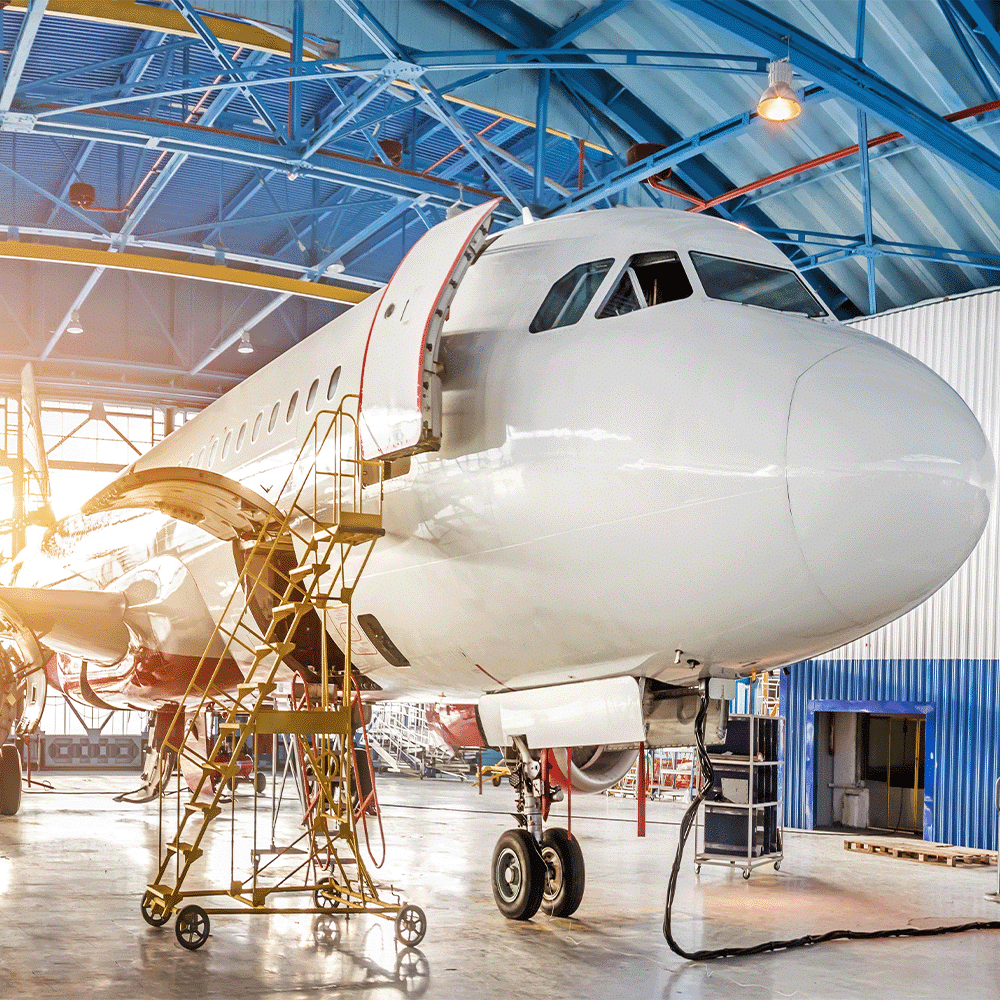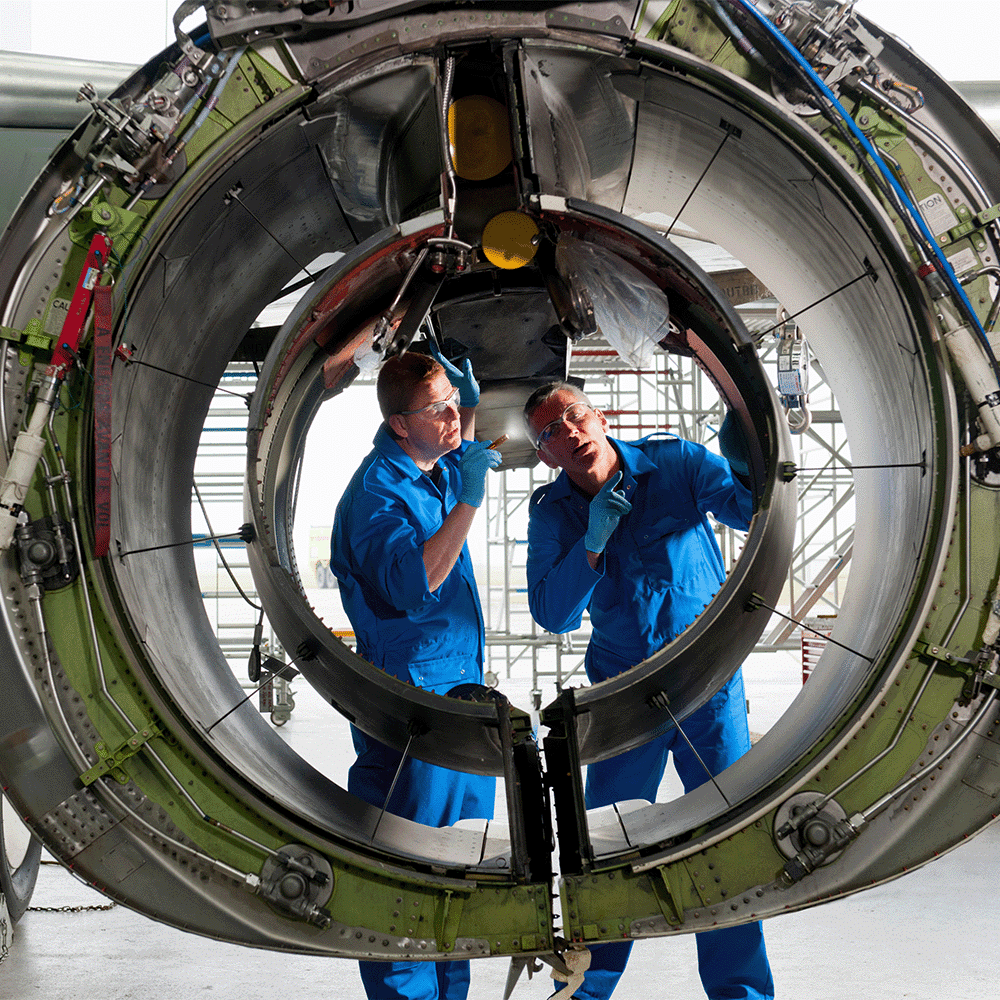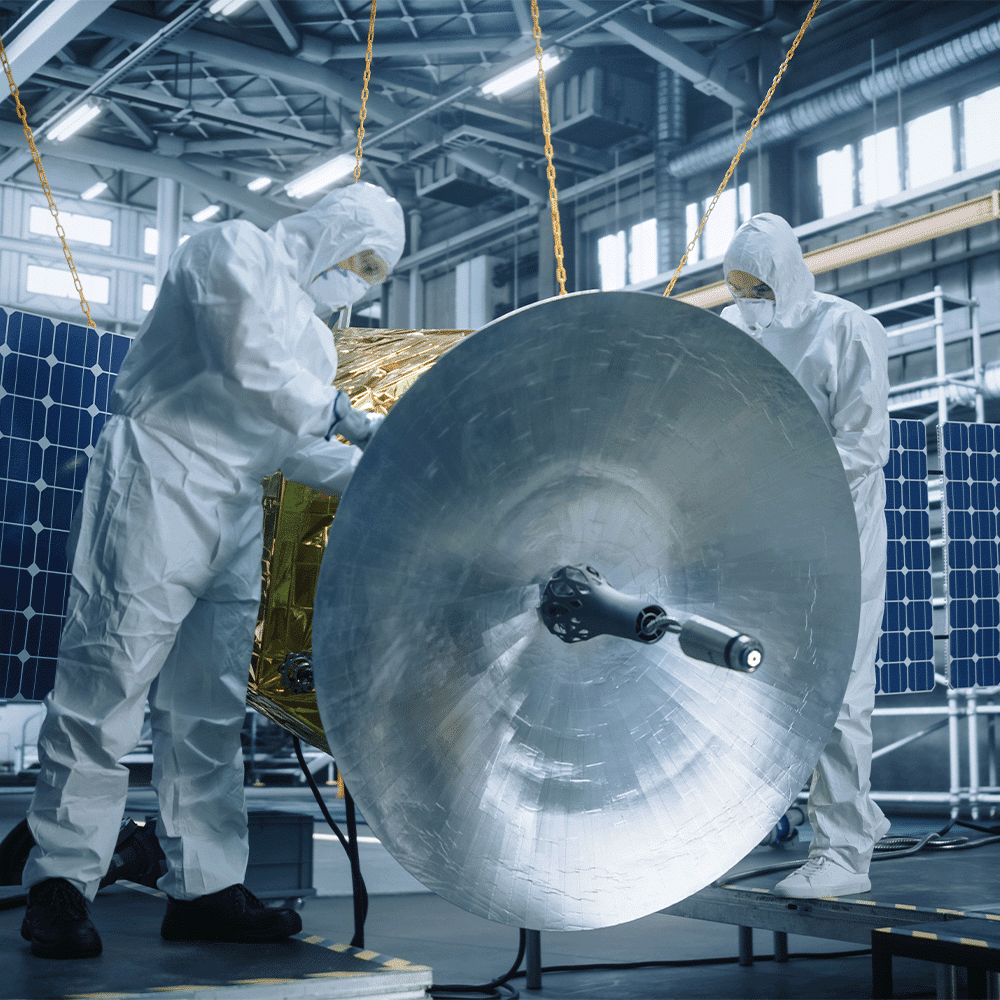Armoloy Accreditations
What is AS9100D?
AS9100D is the internationally recognized quality management system (QMS) standard for aerospace, aviation, and defense manufacturers. It builds on ISO 9001:2015, the global standard for QMS, with added requirements for the safe design, production, and delivery of aerospace parts and products.
Developed by the International Aerospace Quality Group (IAQG) and published by SAE International, AS9100D is recognized globally as EN 9100:2018 in Europe and JISQ 9100:2016 in Japan. These standards are technically identical but adapted for regional regulatory needs, ensuring consistent quality management across the global aerospace supply chain.
A quality management system provides structure for improving efficiency, reducing errors, and meeting both customer and regulatory expectations. AS9100D strengthens these principles by emphasizing risk-based thinking, counterfeit part prevention, and strict process controls—critical in high-stakes industries where failure is not an option.
Achieving AS9100D certification signals an organization’s commitment to meeting the aerospace sector’s strictest quality standards. Accredited bodies award certification after comprehensive audits, helping manufacturers improve operational performance, secure contracts with major aerospace suppliers, and build a reputation for reliability in a highly regulated market.

Key Principles of AS9100D
AS9100D helps manufacturers improve safety, reliability, and consistency by focusing on the following quality management principles:
- Risk Management: Identify, assess, and reduce risks throughout production to prevent failures before they occur.
- Product Safety: Maintain strict safety controls from design to delivery to protect end users and critical systems.
- Traceability: Track materials, parts, and processes to ensure full accountability.
- Supplier Quality: Maintain consistent quality across the supply chain.
- Counterfeit Prevention: Implement controls to avoid counterfeit parts.
- Continuous Improvement: Regularly refine processes for better performance.
- Regulatory Compliance: Meet global aerospace regulations and customer requirements.
These principles help companies deliver high-quality, safe, and compliant products for aerospace applications.

How to Achieve AS9100D Certification
Earning AS9100D certification requires a structured approach to quality management. Organizations must:
- Understand the Requirements: Study AS9100D’s quality, safety, and risk management guidelines.
- Develop a QMS: Build or update your quality management system (QMS) to align with AS9100D.
- Document Processes: Keep thorough records of quality procedures, inspections, and audits.
- Train Employees: Educate staff on AS9100D practices and their role in maintaining quality.
- Conduct Internal Audits: Review and improve your QMS before external audits.
- Hire a Certification Body: Engage an accredited auditor to assess and certify your QMS.
- Maintain Certification: Perform regular audits and continuous improvements to retain certification.
Following these steps helps organizations achieve AS9100D certification, demonstrating their commitment to quality, safety, and regulatory compliance in aerospace manufacturing.

Applications Requiring AS9100D Certification
Suppliers and service providers to the aerospace, aviation, and defense industries must comply with AS9100D standards to meet strict quality and safety requirements. Here are key applications where AS9100D accreditation is essential:
- Aerospace Manufacturing: Used in producing aircraft components, engines, and avionics systems, where quality management directly impacts safety and performance.
- Aviation Services: Applied in commercial and private aircraft maintenance, repair, and overhaul (MRO) to meet stringent regulatory standards.
- Defense Equipment Production: Required for manufacturing military hardware, weapons systems, and defense technology, ensuring reliability under extreme conditions.
- Space Systems: Required for the design and production of satellites, spacecraft, and launch vehicles, where quality is crucial for mission success.
- Aerospace Supply Chains: Ensures suppliers of materials, parts, and assemblies meet aerospace quality standards, supporting seamless and compliant operations.
AS9100D certification guarantees that businesses in these sectors maintain consistent quality, manage risks, and meet legal and regulatory demands, making it essential for delivering reliable and safe products.

Benefits of Working with an AS9100D Certified Provider
Quality assurance
Products meet stringent aerospace standards for reliability and performance
Regulatory compliance
Ensures adherence to global aerospace, aviation, and defense requirements
Risk reduction
Proactive risk management prevents defects, delays, and failures
Supply chain confidence
Builds trust with aerospace manufacturers and suppliers through proven quality systems
Enhanced safety
Prioritizes product safety and integrity in critical aerospace applications
Operational efficiency
Streamlined processes improve productivity and reduce waste
Global market access
Certification opens doors to international aerospace contracts and partnerships
Continuous improvement
Encourages ongoing enhancements to quality processes and operations

Accreditations at Armoloy
Armoloy offers plating solutions that meet AS9100D to support both regulatory compliance and individual project needs. Explore common specifications and accreditations we work with, and contact us to find the right solution for your application.
Disclaimer: The interpretations and overviews of AS9100D provided by The Armoloy Corporation are solely the views of Armoloy and may not represent the views of other entities. These interpretations are intended for informational purposes only and should not be considered as definitive or legally binding. The Armoloy Corporation is not responsible for the accuracy of these interpretations and expressly disclaims any liability for loss or damage arising from their use. This disclaimer is subject to change and does not create any express or implied warranty regarding the information provided.
